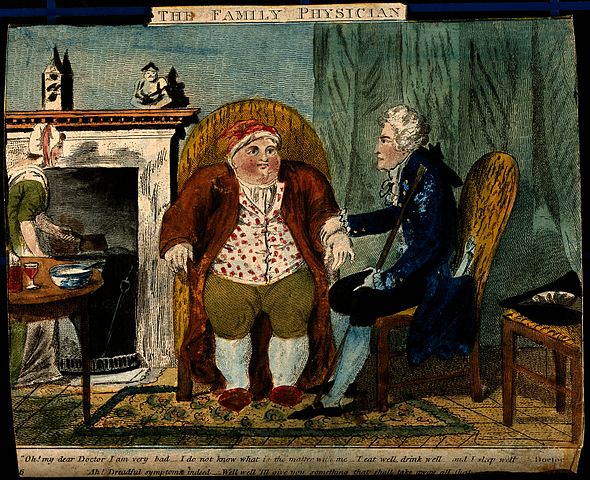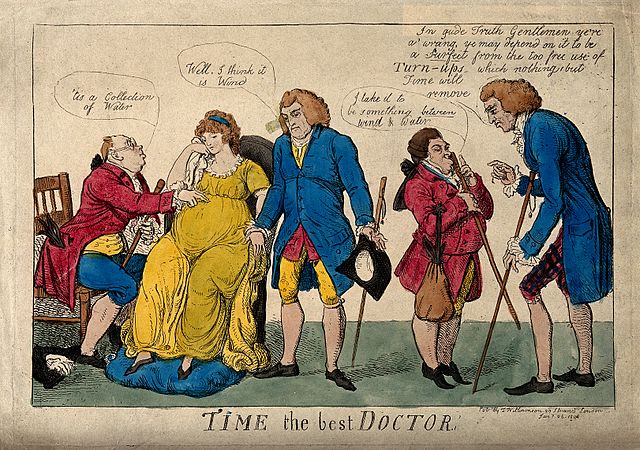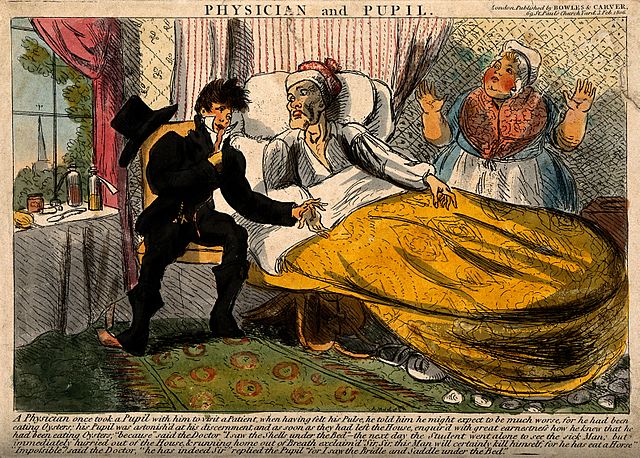
A new book acquired by the Thammasat University Library should be of interest to students in the Faculties of Public Health, Medicine, History, Sociology, and other subjects. Readers who care about tropical medicine, world health, science, medical informatics, publication policy, preventive medicine, and international cooperation should find the new acquisition useful.
Kenneth Warren and the Great Neglected Diseases of Mankind Programme: The Transformation of Geographical Medicine in the US and Beyond was written by Conrad Keating. It is shelved in the General Stacks of the Pridi Banomyong Library, Tha Prachan campus. At the time he researched his book, Conrad Keating was the Writer-in-Residence at the Wellcome Unit for the History of Medicine at Oxford University, United Kingdom. He also wrote a biography of the British epidemiologist Sir Richard Doll, a pioneer in research linking smoking to health problems. The TU Library also owns a book coauthored by Richard Doll.
An important classification
Neglected tropical diseases (NTDs) are a group of tropical infections common in low-income populations in developing regions of Africa, Asia, and the Americas. When researchers and governments think of important diseases, they think of HIV/AIDS, tuberculosis, and malaria. As a result, major diseases get the most research attention and funding. Yet some of the NTDs can have almost as much impact on certain populations, or make the effect of major diseases worse.
Sometimes NTDs are less expensive to cure than major diseases, but because they are so widespread, the total amount of funding needed to deal with them is considerable. They affect poor people, who tend to be overlooked in most countries. In the United States of America, almost 1.5 million families, with almost 3 million children, live on less than two US dollars each day. In other parts of the world, the situation is even more serious.

The World Health Organization (WHO) focuses on twenty most significant NTDs which often appear in almost 150 countries, affecting over 1.4 billion people, including more than 500 million children. These affect the progress of national development. The TU Library also owns another book about the subject: Forgotten People, Forgotten Diseases: the Neglected Tropical Diseases and their Impact on Global Health and Development by Peter J. Hotez. The book by Dr. Hotez is shelved in the General Stacks of the Nongyao Chaiseri Library, Faculty of Health Sciences, Rangsit Campus.
Dr. Kenneth Warren made a major impact as a researcher in global health (GH) studies. He created The Great Neglected Diseases of Mankind Program (GND) 1977, to encourage sustained research into tropical diseases, with outstanding scientific results. Later, working as Director of Science for the publishing firm Macmillan Inc., he advocated for digitization, open access, using scientific research from Russia, then called the Soviet Union, and combining scientific and medical publishing.
As Dr. Keating wrote in 2104 in Molecular Medicine, a peer-reviewed open access medical journal published by The Feinstein Institute for Medical Research, one of Dr. Warren’s approaches was to change the strategy in working to cure diseases. He chose specific diseases with remedies that had proven to be practical:
This approach had an enormous impact on health policy. For the first time, the study listed the diseases people died of to establish what the biggest killers were. It established a metric that could be used by donors, governments and bilateral agencies for measuring impact. It asked the fundamental question, “Is the program that you plan to implement going to improve health in any way?”
Today, The Department of Control of Neglected Tropical Diseases of the World Health Organization (WHO) states on its website that it
coordinates and supports policies and strategies to enhance global access to interventions for the prevention, control, elimination and eradication of neglected tropical diseases… Consistent with World Health Assembly resolutions and in line with the WHO NTD Roadmap, we support Member States to expand access to prevention, diagnosis, treatment and care interventions for all those in need.
Why we work
Neglected tropical diseases cause immense human suffering and death. They pose a devastating obstacle to health and remain a serious impediment to poverty reduction and socioeconomic development.
How we improve access to health
Universal coverage against neglected tropical diseases depends to a large extent on enhanced access to free essential medicines and on stronger, well-planned, financially sound and efficient health systems.
We aim to prioritize the public health needs of poor and marginalized populations and provide technical and strategic guidance in key areas; coordinate the distribution of donated medicines; promote WHO’s role in partnership involvement; strengthen capacity country level capacity; and, leverage the contribution of stakeholders to the elimination and eradication of these diseases.
We deliver interventions through appropriate technology at sustainable cost and with the help of international partners, we support Member States in the coordination and integration of national control programmes with sectors such as education, agriculture and veterinary public health.

Thai success
One area of progress, the WHO reports, was when Thailand used integrated ecosystems health approach to beat a cancer-causing disease. In December 2017, it was reported that Southeast Asian liver fluke disease, a foodborne infection caused by a parasite which, if left untreated, can cause cancer of the liver, was successfully treated in the Kingdom. Through implementation of a national programme along with industrialization and urbanization, including changes in life-style and food habits, the infection became less common. In rural north-eastern Thailand, where traditional agriculture and fisheries create an older lifestyle, this infection remains an important public health problem. For the government, it was clear that previous control strategies had sustainably decreased the level of infection in this part of the country:
Ecosystems approach
In 2008 the WHO Collaborating Centre for Research and Control of Opisthorchiasis (Southeast Asian liver fluke disease) at Khon Kaen University in discussion with Thai authorities introduced the EcoHealth/One Health approach – known as the Lawa Lake Project – an integrated eco-systems approach involving a multi-sectoral, multi-disciplinary, community-based control model, with a focus on schoolchildren and education for awareness. Among other materials, local health officials have also introduced a school curriculum of colorful cartoons that aim to teach children about the risks of consuming raw foods.
“The approach is innovative and rests on active participation and community action,” said Professor Banchob Sripa of the WHO Collaborating Centre for Research and Control of Opisthorchiasis (Southeast Asian liver fluke disease). “It is integrative and transdisciplinary and uses an ecosystem approach to health, including human behaviour and the social ecological aspects of food processing, preparation and eating fish preparations”.
The approach has contrasted with past conventional “top-down” medical and public health interventions programmes which Thailand carried in the past, focusing on treatment alone.
There have been a number of different initiatives over the years that focused on health promotion, awareness campaigns, and education campaigns on “safe cooking”, among others, with support from different organizations besides the Ministry of Health: the United States Agency for International Development (USAID), the German Society for International Cooperation (GTZ) and Mahidol University of Thailand.
Results were that in Lawa village, liver fluke infection was reduced from 67% to 16% over three years with little re-infection. This successful result was due to medical treatments and innovative public education methods to create awareness as a means of prevention. This project has now extended beyond the villages originally chosen for the experimental study. It is a nationwide effort, reaching Thailand’s Association of Southeast Asian Nations (ASEAN) neighbors too.
Complementary work is ongoing at The Rajanagarindra Tropical Disease International Centre (RTIC), a non-profit organization delivering health care services related to tropical diseases affecting rural people. Located in Tanaosri Sub-district, Suan Phung District, Ratchaburi Province, RTIC has treated thousands of malaria patients, launched health promotion activities, trained healthcare personnel, and carried out research projects. The RTIC’s mission and aims:
Mission
- Our mission is to deliver the utmost health services related to tropical diseases for better livelihood of people in rural communities.
Aims
- Deliver the free-of-charge health cares to people in rural areas
- Study through field-based multidisciplinary research to develop the methods of effective diagnosis, treatment, prevention and control of tropical diseases
- Perform and develop disease surveillance activities in the villages
- Launch health education and health promotion programs
- Give knowledge and training about tropical medicine to health personnel and others

(All images courtesy of Wikimedia Commons)
